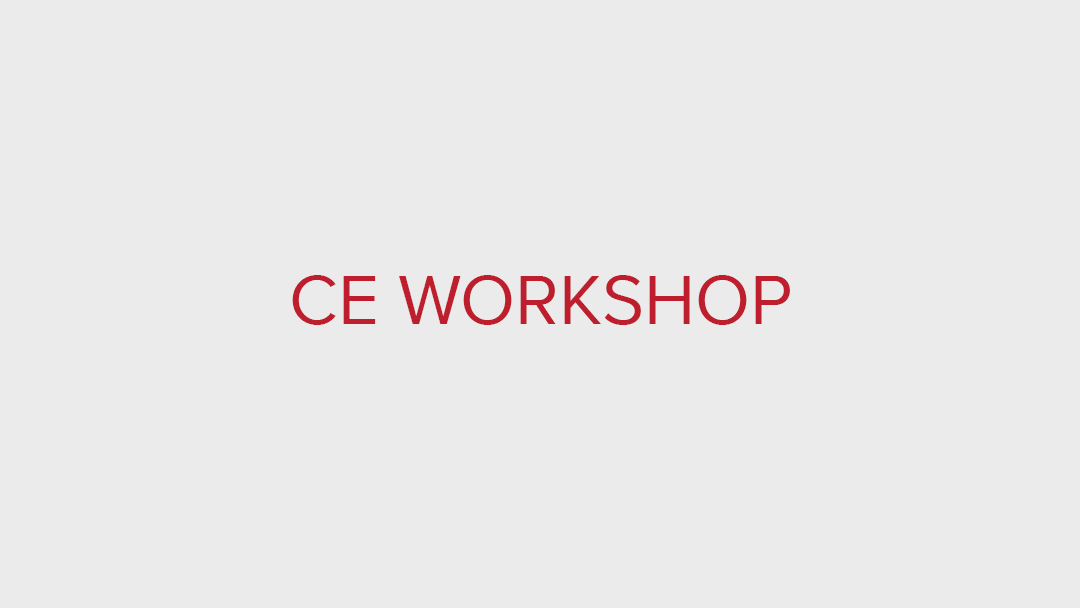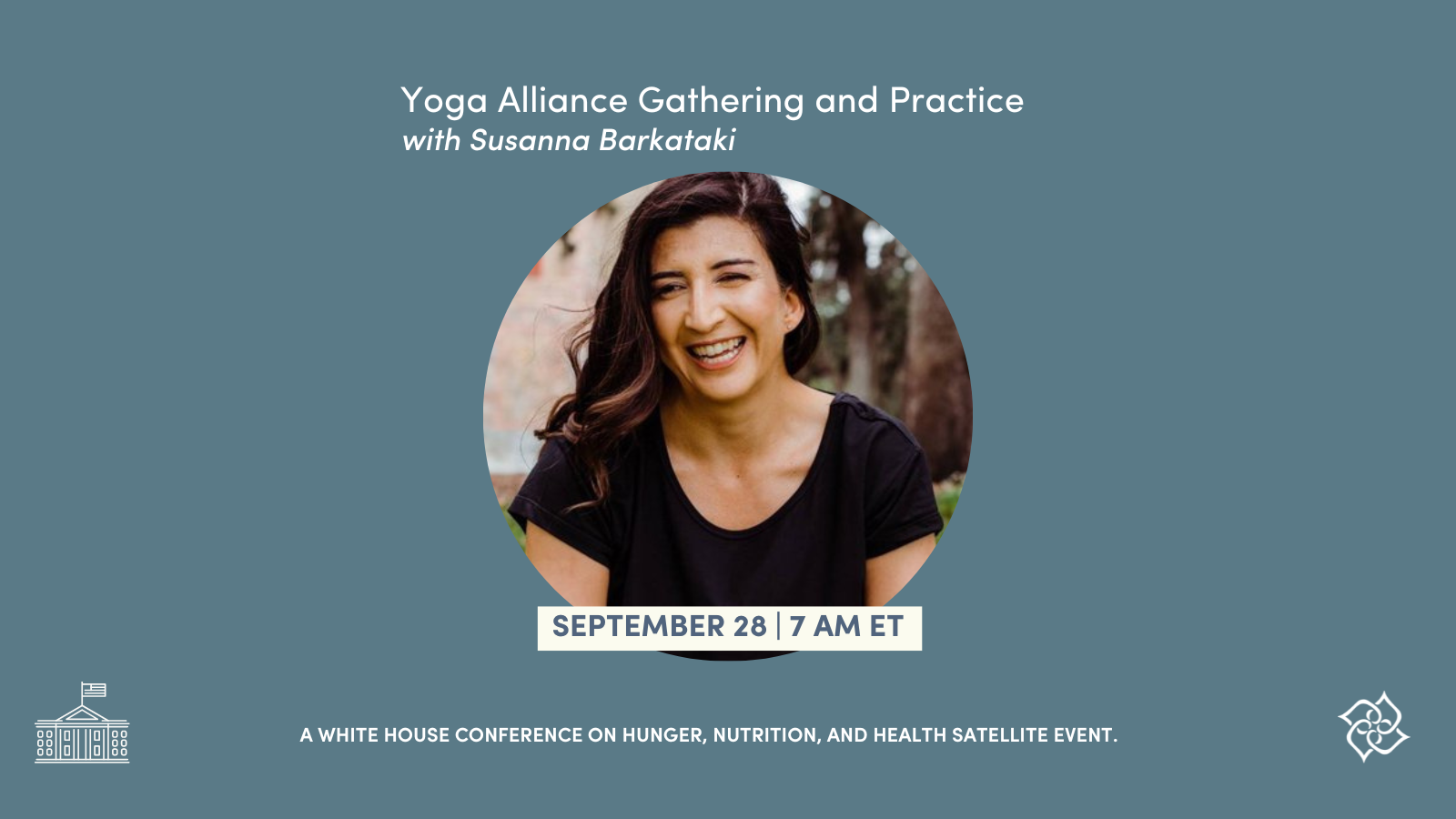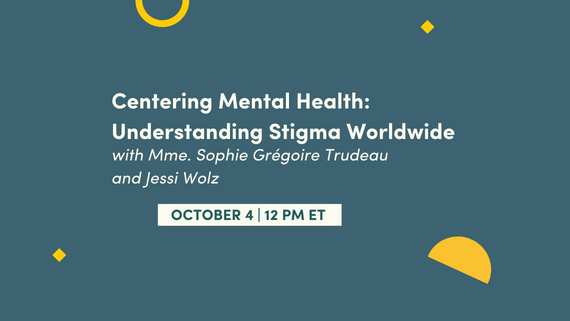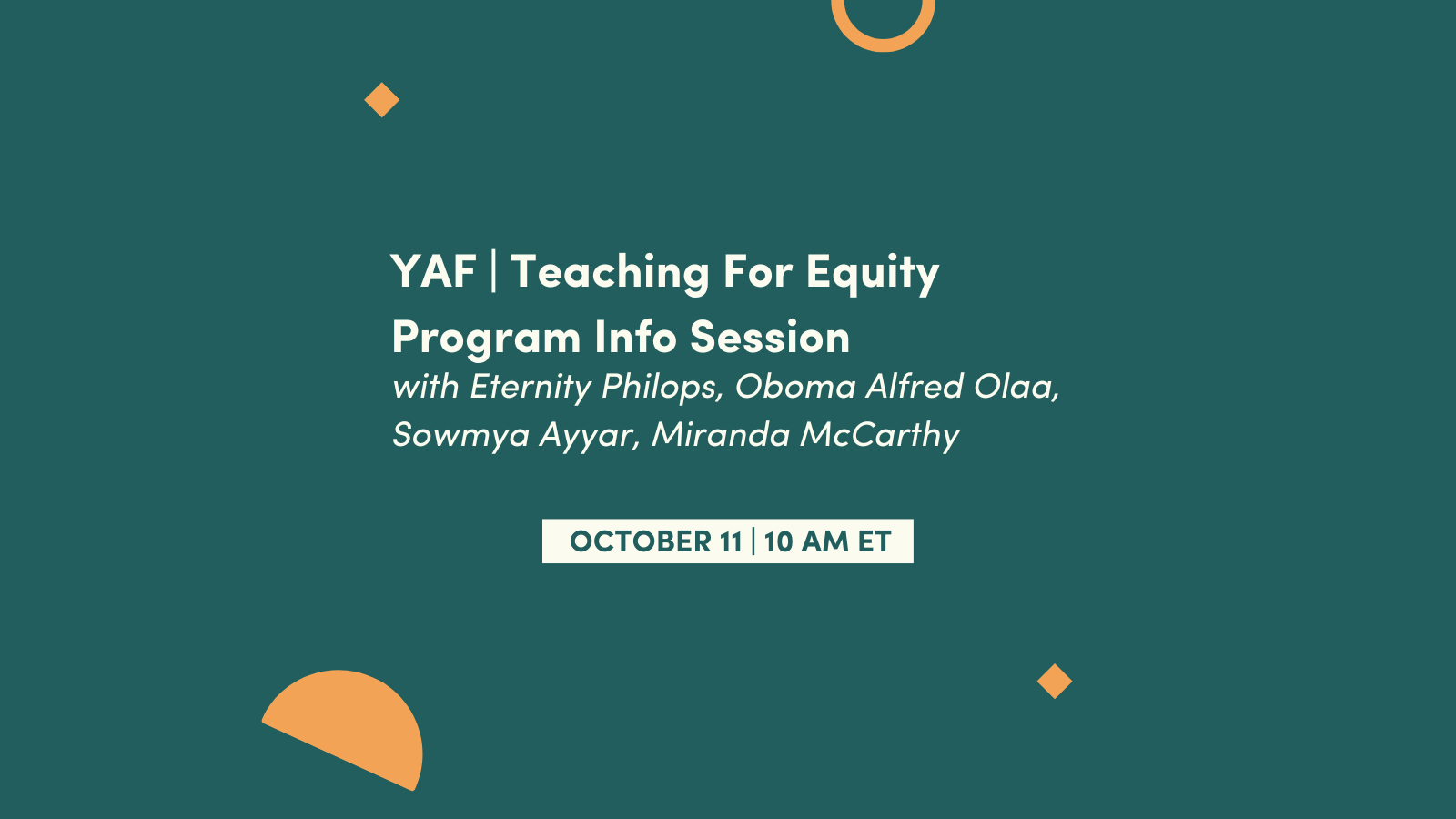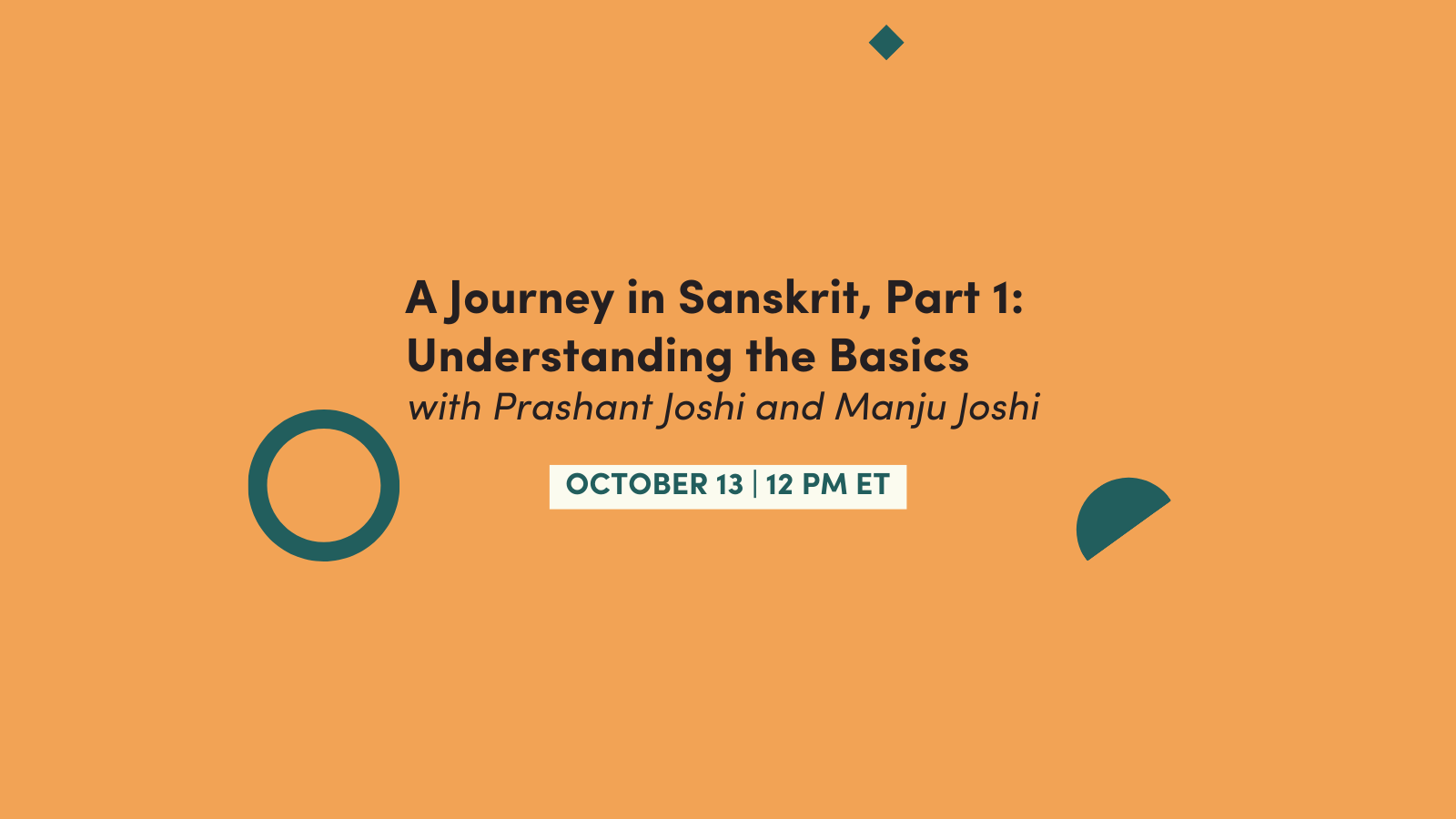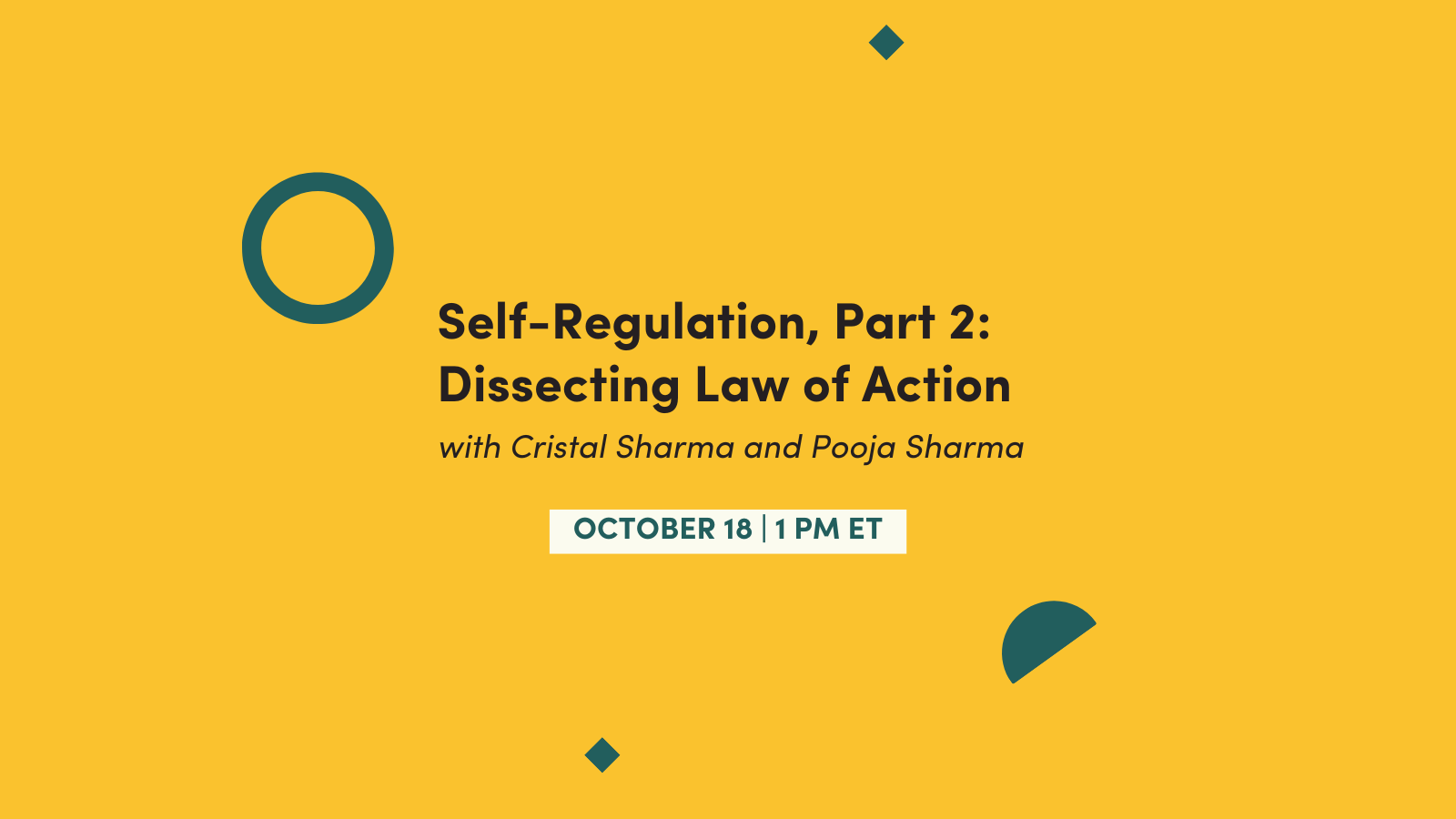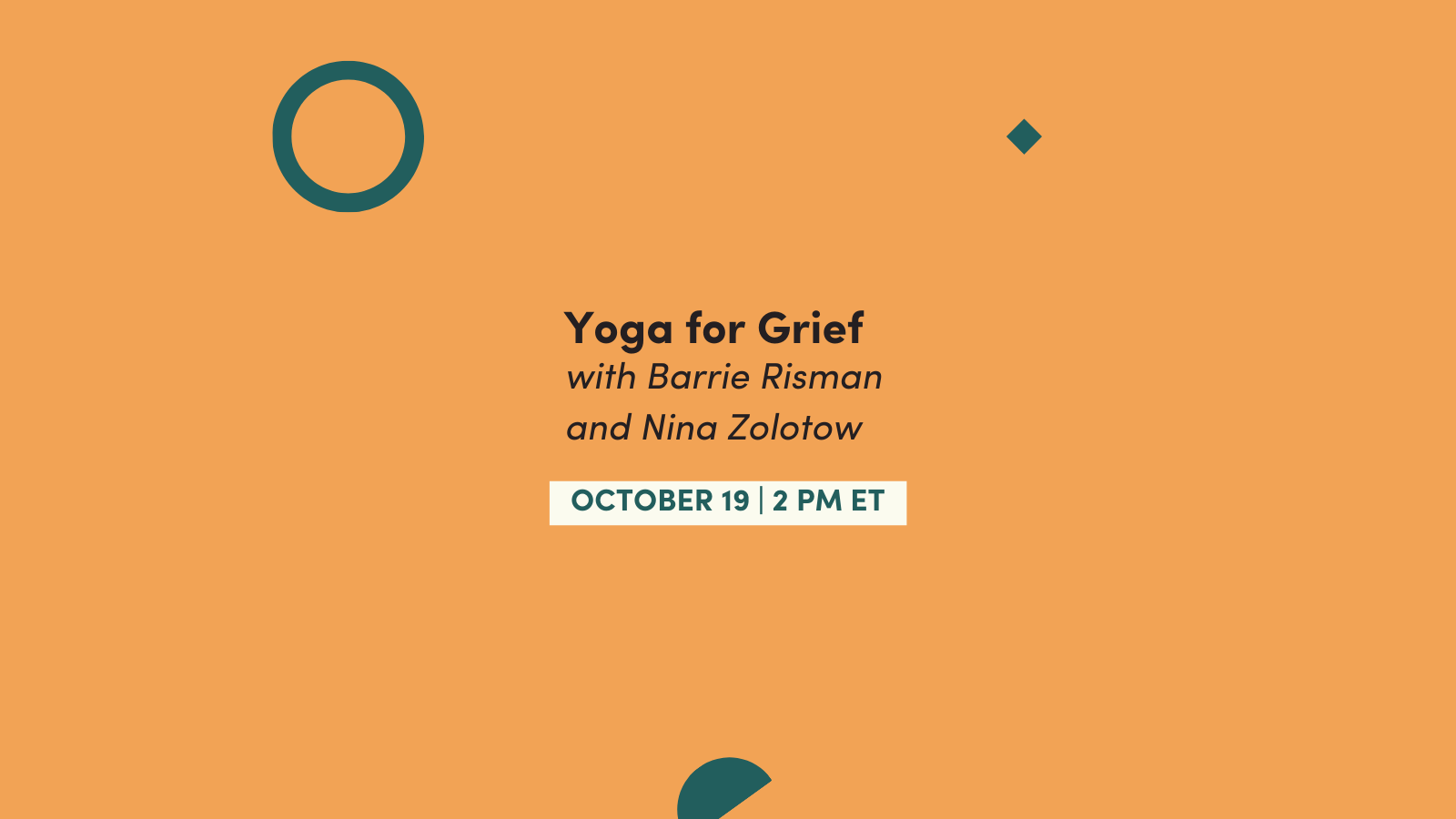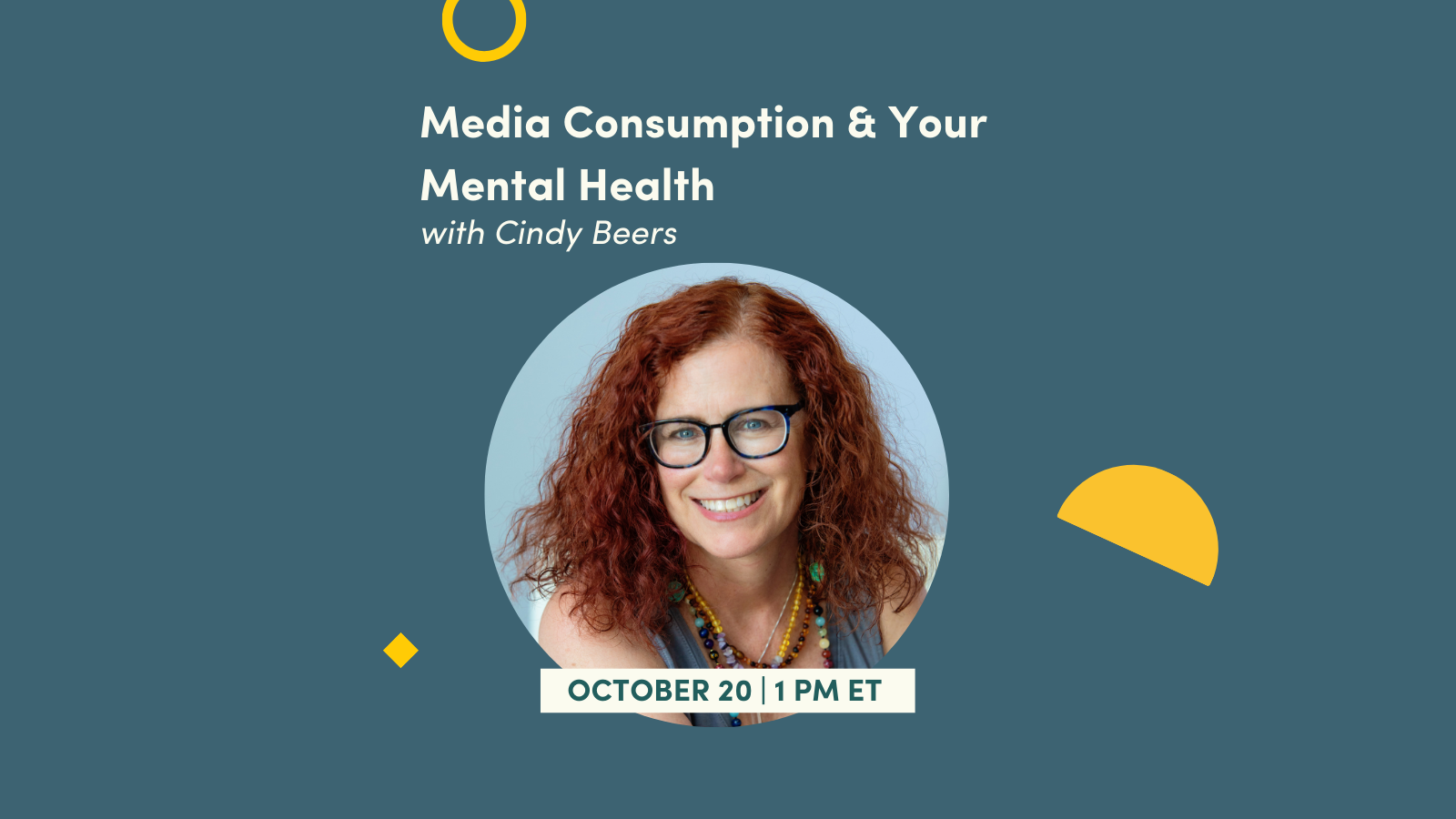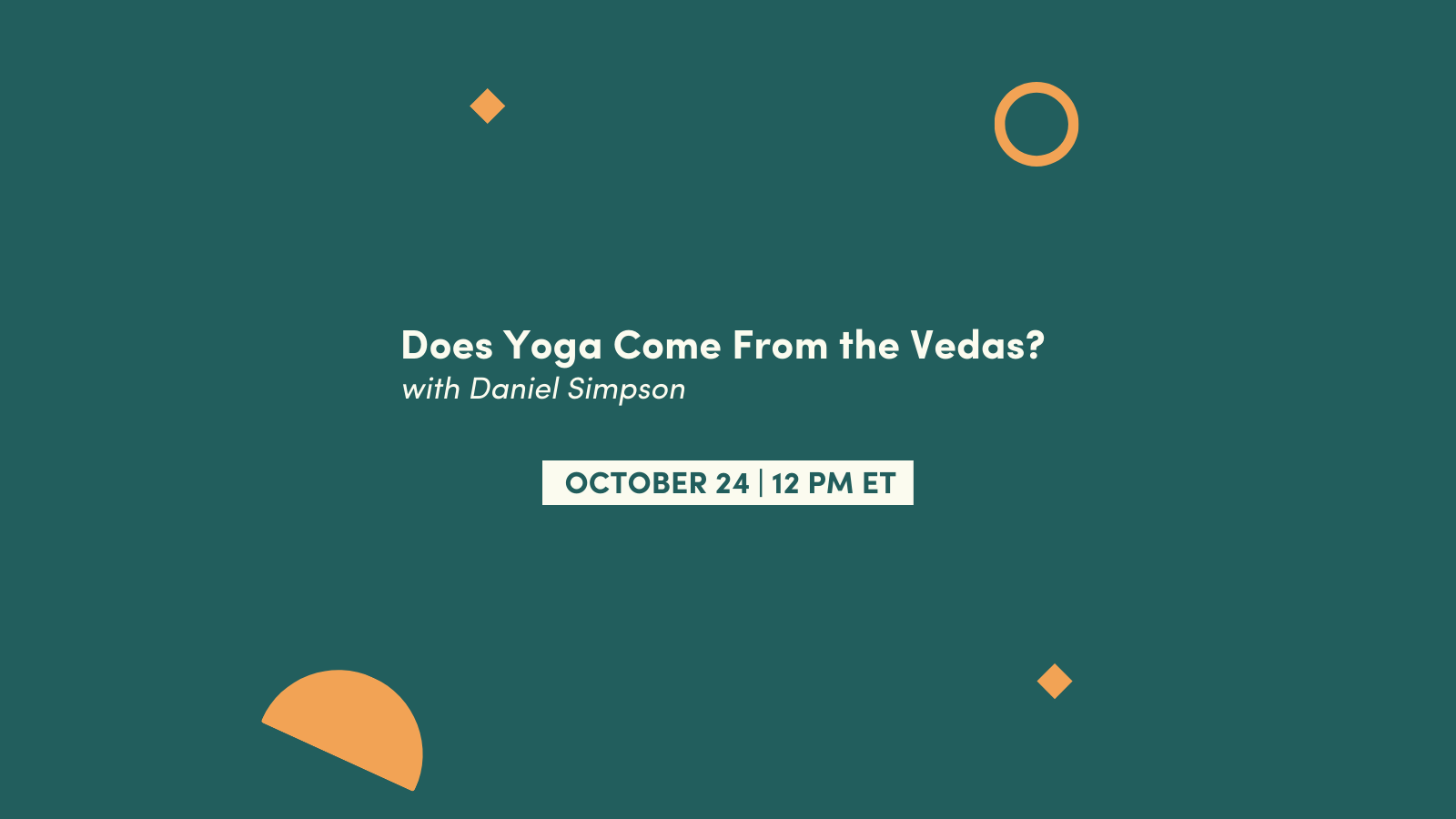CE Workshop | Role of Yoga Teachers in the Mental Health of their Students
Shirin Boose
More and more, yoga is being understood as and practiced for mental health support. While yoga’s benefits are many, yoga teachers may not always feel confident in how best to safely support their students seeking these specific benefits from the practice. Join this workshop to better understand the role a yoga teacher has in supporting the mental health of students, including guidance on:
· The intersection of yoga and mental health
· How to help students while operating within your Scope of Practice as a yoga teacher
· National resources and opportunities for further mental health training
· How to help students while operating within your Scope of Practice as a yoga teacher
· National resources and opportunities for further mental health training
To review the Yoga Alliance Scope of Practice, visit Scope of Practice | Yoga Alliance.

